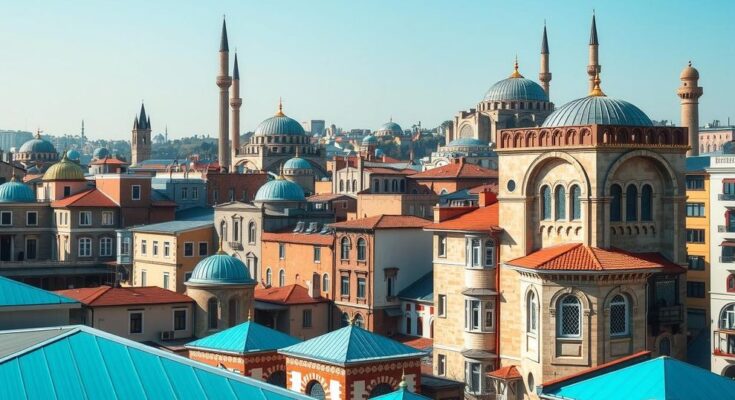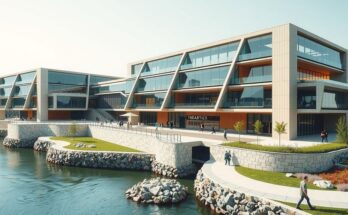Mahir Polat emerged as a pivotal figure during the turbulent period surrounding İstanbul’s recent municipal politics, particularly while serving as the deputy general secretary responsible for culture and the arts. Amidst the backdrop of political unrest and the arrest of numerous officials, including Mayor İmamoğlu, Polat’s role significantly shaped cultural discourse within the city. His tenure follows a rich historical narrative, marked by the CHP’s resurgence in 2019, which not only sought to regain control but to redefine cultural identity within a city steeped in Ottoman heritage.
The phrase “CHP mentality” paints a curious picture of how the new administration would approach culture, especially in a city like İstanbul, rich with heritage but often overshadowed by modern political narratives. The earlier conservative government fostered a perception that marginalised traditional values, starting history with the Republic while neglecting historical gems of the Ottoman empire. Thus, the challenge became reimagining İstanbul through a lens that values its grand architectural past alongside contemporary sensibilities.
In the wake of conservative governance, which prioritised construction over conservation, İstanbul witnessed significant losses in its cultural landmarks. Iconic venues like the Emek cinema and historical bookstores were sacrificed on the altar of commercialisation, yielding an architectural landscape dominated by soulless shopping malls and skyscrapers, leaving behind a fractured silhouette devoid of its historical essence.
Despite these challenges, Mahir Polat’s appointment heralded a refreshing cultural approach aimed at restoring and preserving İstanbul’s rich historical fabric. His initiatives, including the establishment of the İstanbul Metropolitan Municipality Heritage Unit, represented a crucial step toward rehabilitating ancient structures. This proactive stance, embodied by his expertise in Ottoman architecture and a non-elitist approach, suggested a renewed commitment to cultural authenticity.
Under Polat, vital cultural spaces began to flourish, each restoration brimming with stories that reconnect the people of İstanbul with their heritage. Noteworthy projects transformed locations like the Yedikule Gas House and Casa Botter, which now serve as vibrant cultural hubs rather than mere structures. Libraries proliferated, overthrowing preconceived notions of literacy and accessibility by extending book culture to all corners of the city.
In this cultural renaissance, even cinema found new life, as Beyoğlu Cinema transitioned to a public venue, hosting free screenings and preserving the cinematic heritage of the area. Polat’s vision meshed with the cultural drive of various municipalities like Ataşehir, fostering initiatives that had endured even in the face of pandemic challenges, thus expanding the city’s cultural network.
As Mahir Polat’s narrative unfolds, the recent political struggle, marked by his arrest amidst a cultural reawakening, raises critical concerns about institutional memory and the nurturance of talent in bureaucracy. With his health compromised and the momentum of cultural progress at stake, the hope remains that this setback will not tarnish his contributions or halt the burgeoning cultural transformation across İstanbul.
Mahir Polat played a crucial role in İstanbul’s cultural revitalisation as deputy general secretary for culture under Mayor İmamoğlu. His initiatives aimed to restore and preserve the city’s rich Ottoman heritage amid concerns of commercialisation and neglect. Despite recent political arrests, Polat’s work represents a transformative vision for the city’s cultural narrative, emphasising the importance of heritage and accessibility in a rapidly changing urban landscape.
Mahir Polat’s influence in İstanbul’s cultural landscape, especially amidst the turbulence of political upheaval, exemplifies the importance of heritage conservation and revitalisation in urban settings. His role as a cultural steward through the establishment of heritage initiatives showcases a commitment to reconnecting İstanbul’s citizens with their historical identity. As the city transforms, it’s vital to support individuals like Polat, ensuring that the creative legacy of historically rich cities is preserved and enhanced, rather than lost to the impermanence of political shifts.
Original Source: bianet.org



